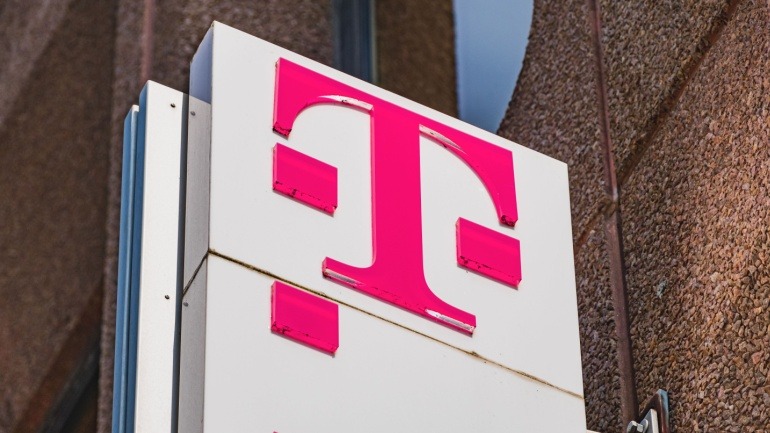The telecom industry is abuzz with Aduna, a groundbreaking joint venture in API technology by Ericsson, Google Cloud, and global operators. Aduna aims to revolutionize VoIP, leveraging network APIs for 5G monetization and innovation.
The FCC Chairwoman Jessica Rosenworcel is advocating for a fast-tracked spectrum auction to replace Chinese telecom equipment, addressing national security risks. This urgent move, linked to cybersecurity threats like the Salt Typhoon attack, is pivotal for securing telecom networks.
Deutsche Telekom’s strategic move to merge national and international wholesale operations into T Wholesale aims to meet growing global demand for telecom solutions. This unification enhances service offerings, providing a comprehensive portfolio including IPX, fiber optics, and cutting-edge 5G solutions.
Italy is in talks with SpaceX for a €1.5 billion contract aimed at enhancing national telecom security. The deal incorporates encrypted communications and Starlink’s integration to boost connectivity, especially in underserved areas.
NTT Docomo recently faced a DDoS attack, disrupting systems for nearly 12 hours. As such cyberattacks rise in the telecom sector, robust security measures are vital.
Vodafone faces a massive £120 million lawsuit from franchisees alleging broken agreements since 2020. The claims highlight drastic commission cuts and arbitrary decisions, causing severe financial strain.
Gartner’s latest trends outline six pivotal shifts in infrastructure and operations by 2025. These insights provide I&O leaders with a roadmap to navigate future challenges and opportunities.
European telecom operators face formidable challenges in phasing out copper networks by 2030, as highlighted in a BEREC report. The EU’s ambitious goal to enhance digital capacity with complete 5G and fiber connectivity underscores significant obstacles.
Quickline’s launch of a telecoms apprenticeship program is revolutionizing rural broadband through skills development. The initial cohort of apprentices enrich Quickline’s operations, gaining practical experience and enhancing gigabit broadband delivery in rural Yorkshire and Lincolnshire.
Nokia and stc Group have successfully trialed a generative AI solution to enhance telecom services, improving efficiency, reducing costs, and speeding up service delivery. The “AI for Provisioning Services” project streamlines network management, benefiting businesses and communities.













